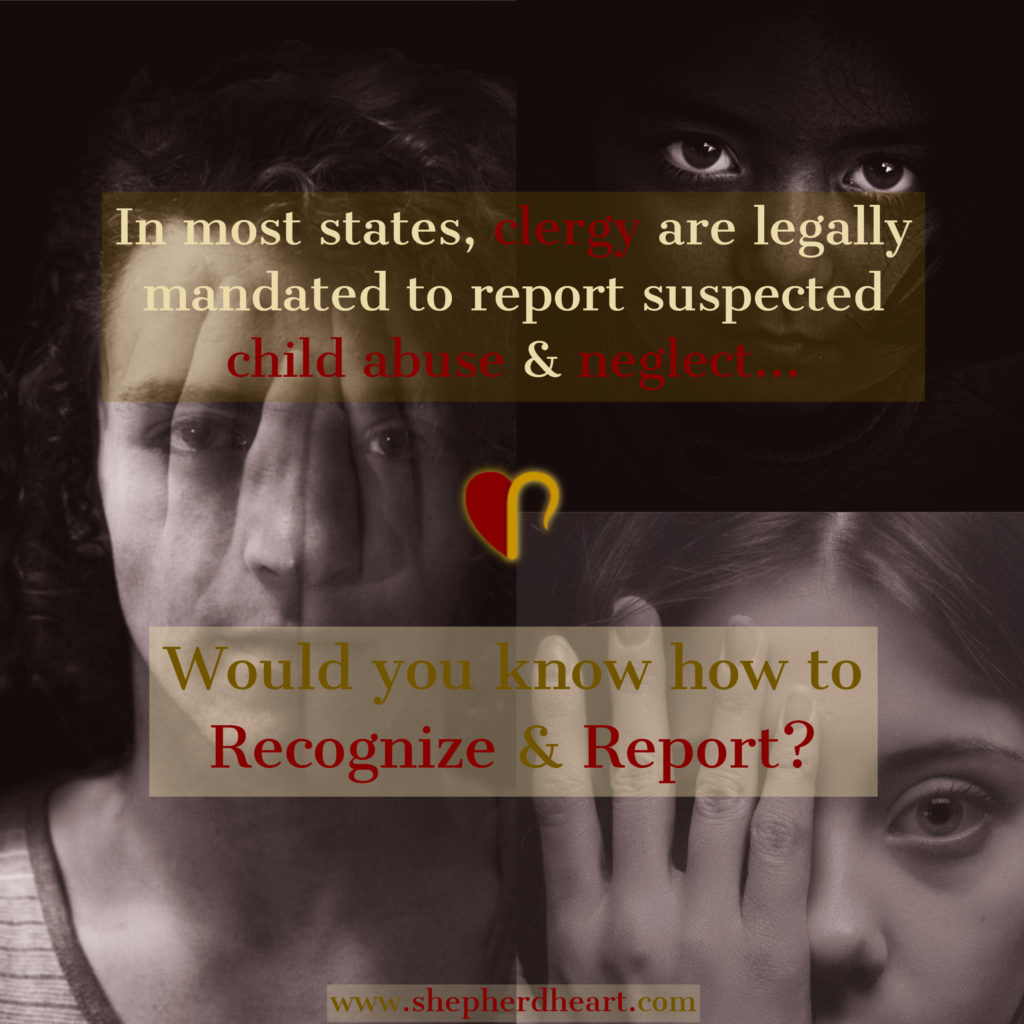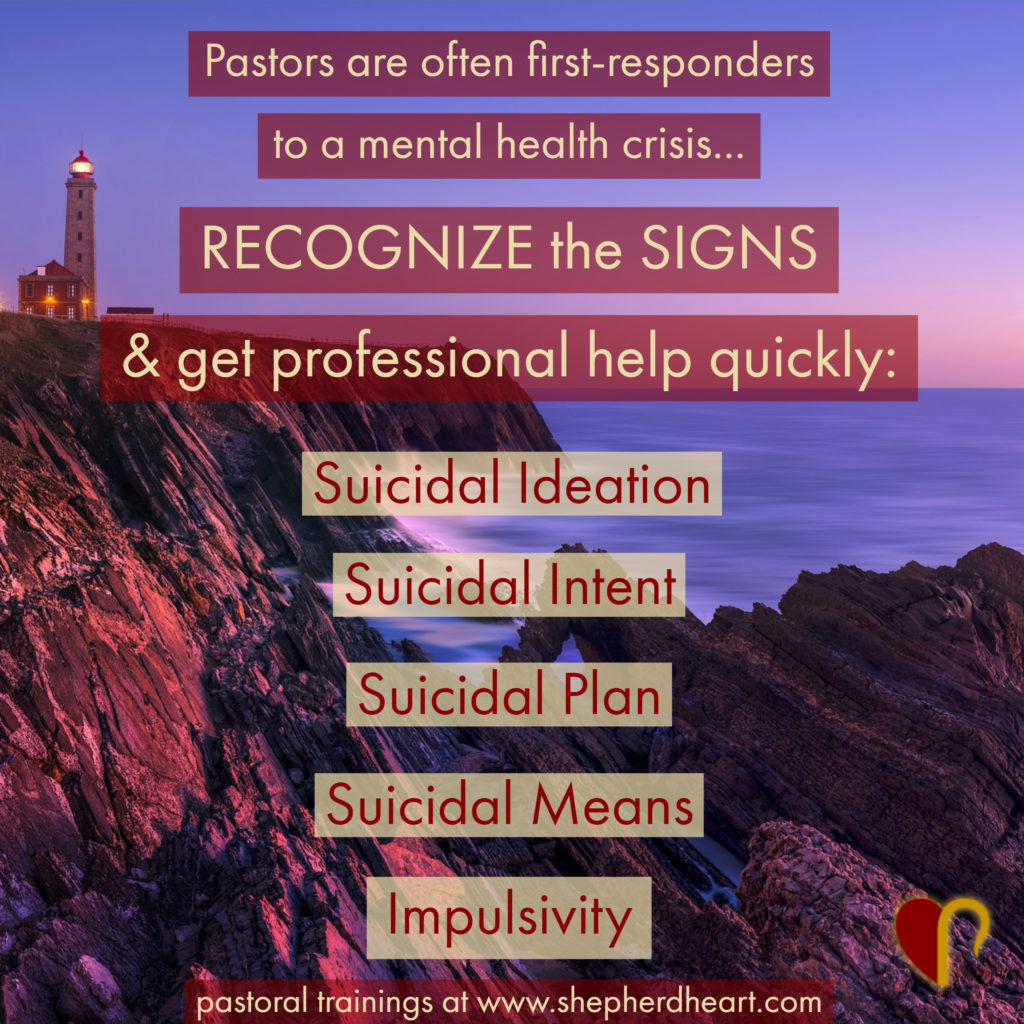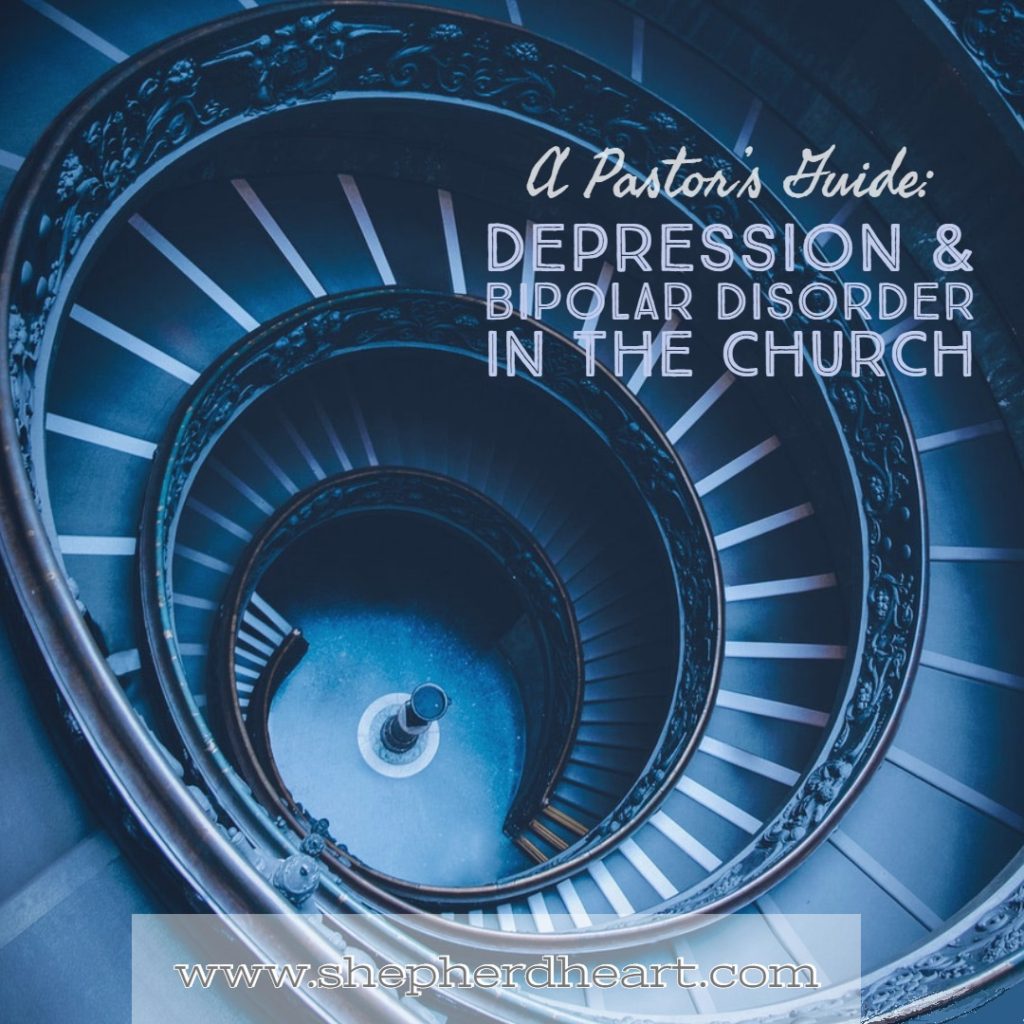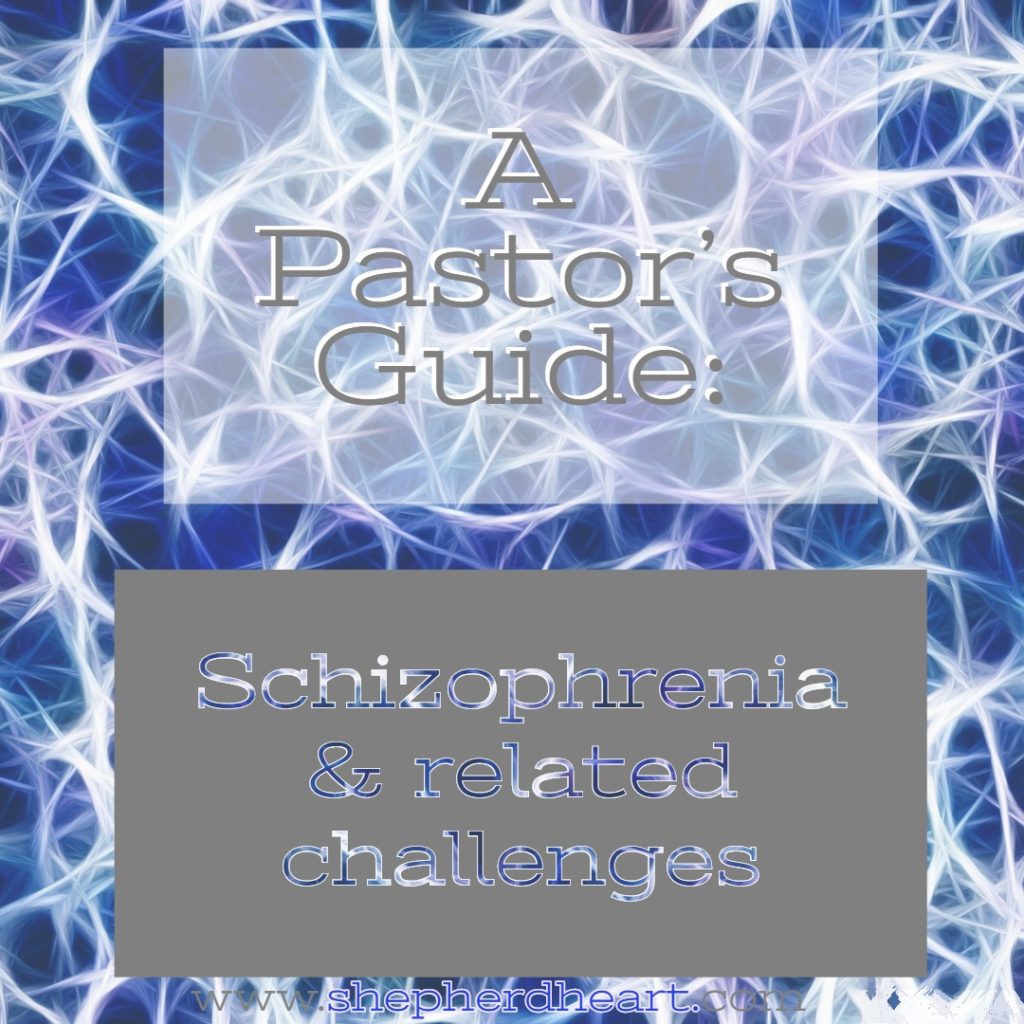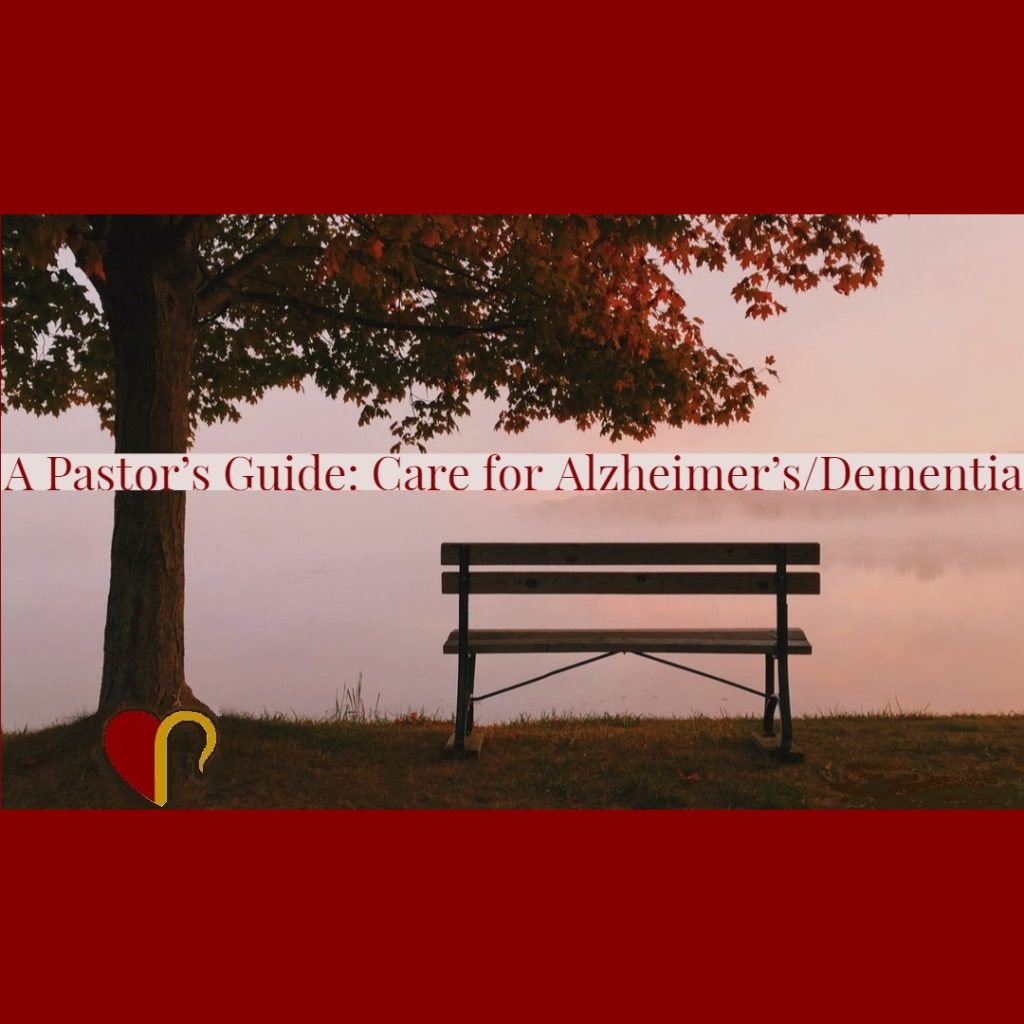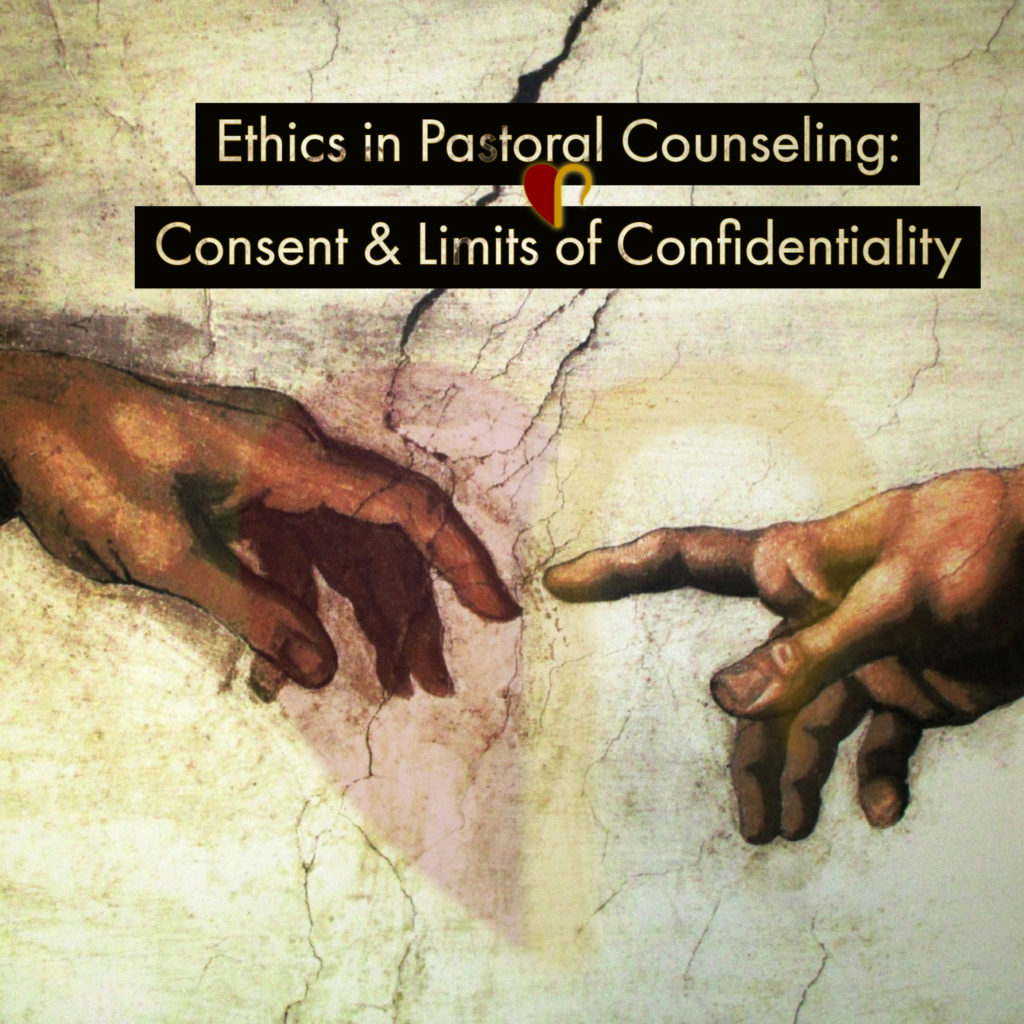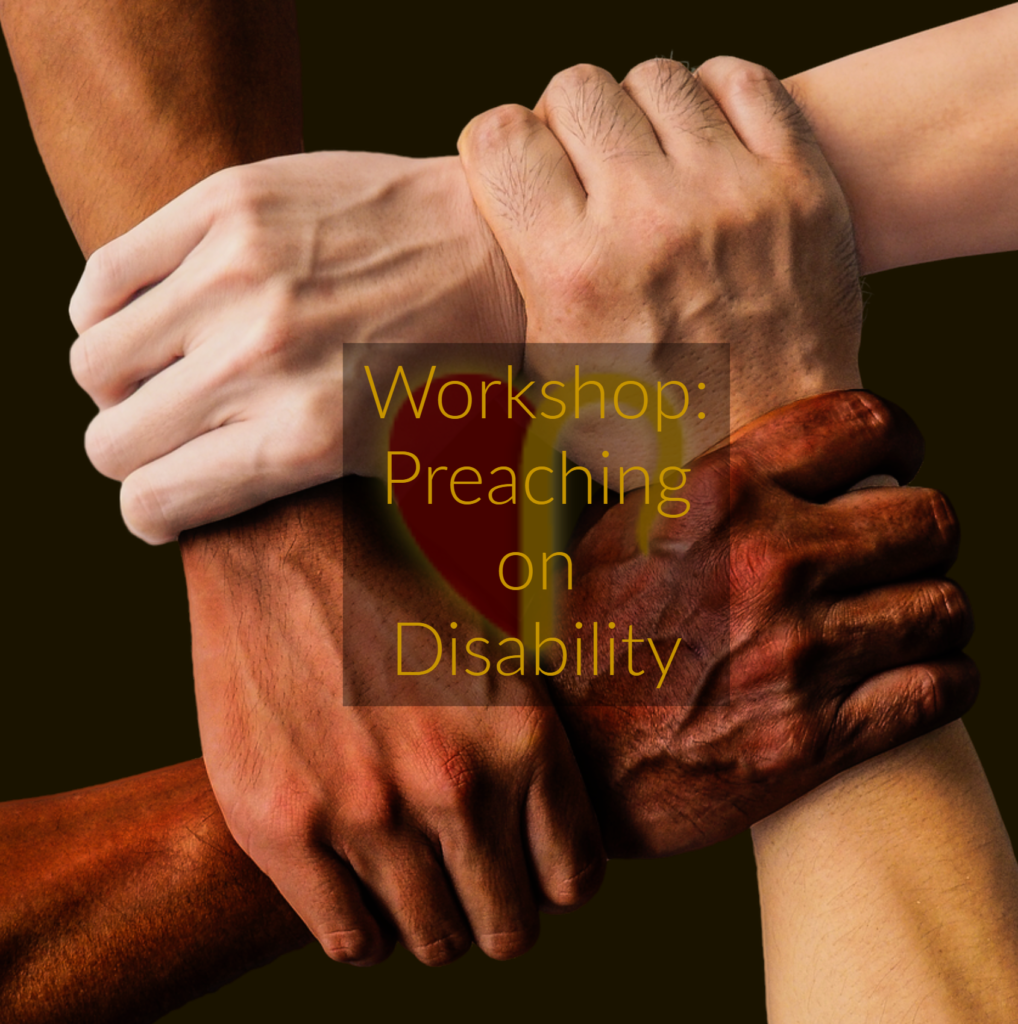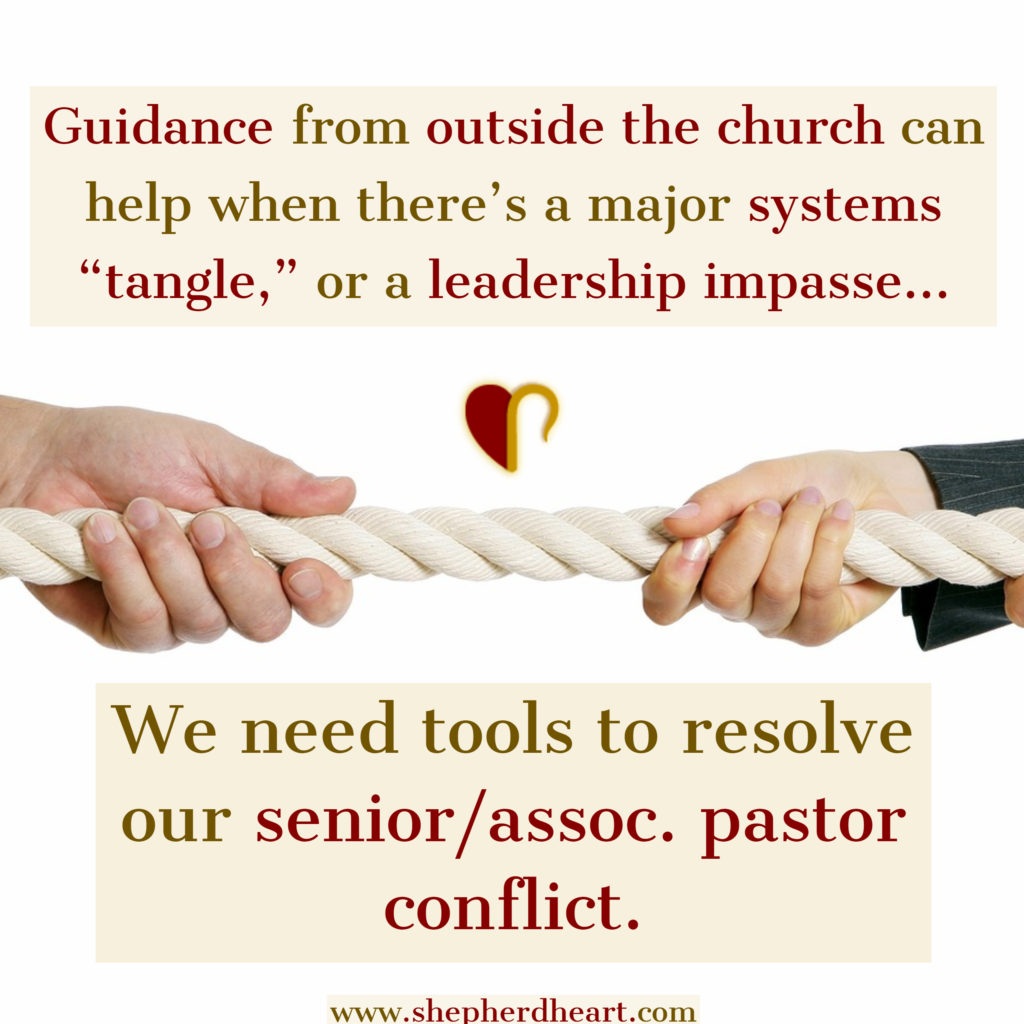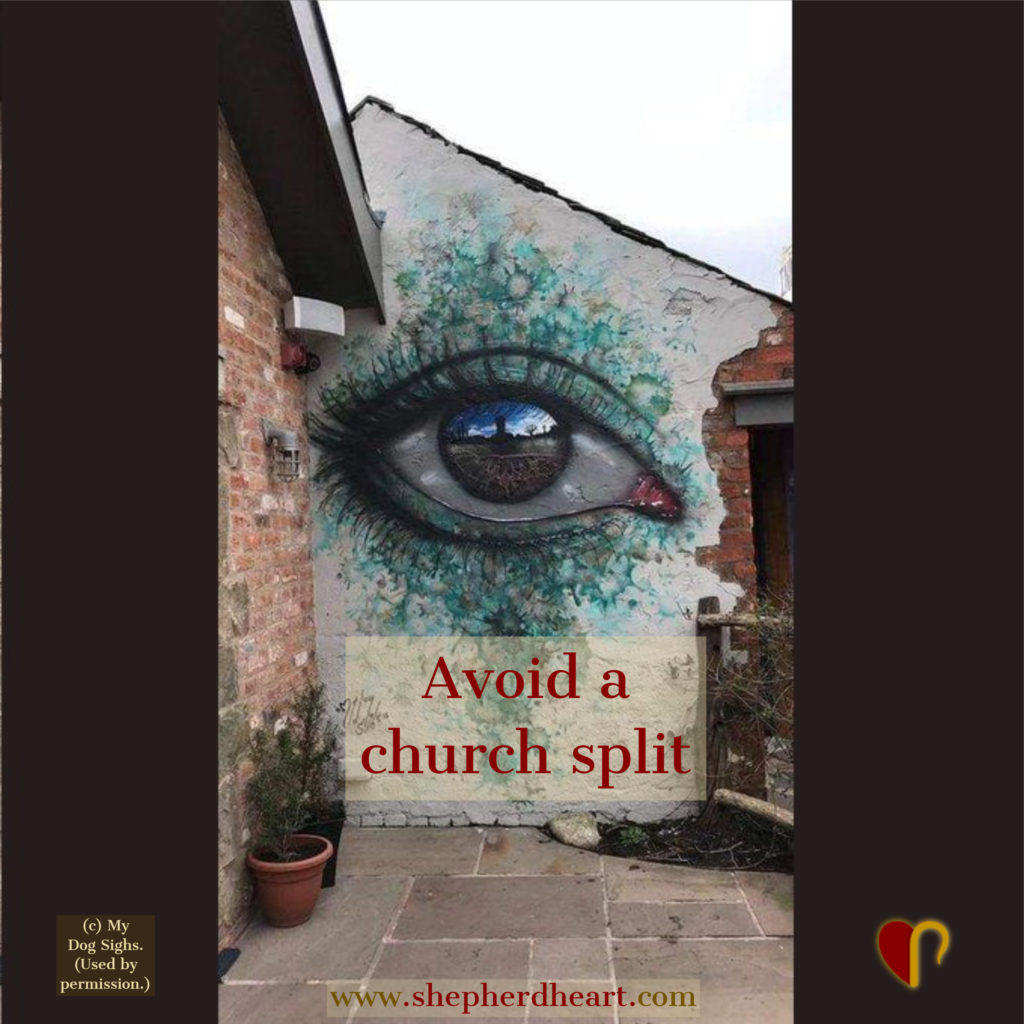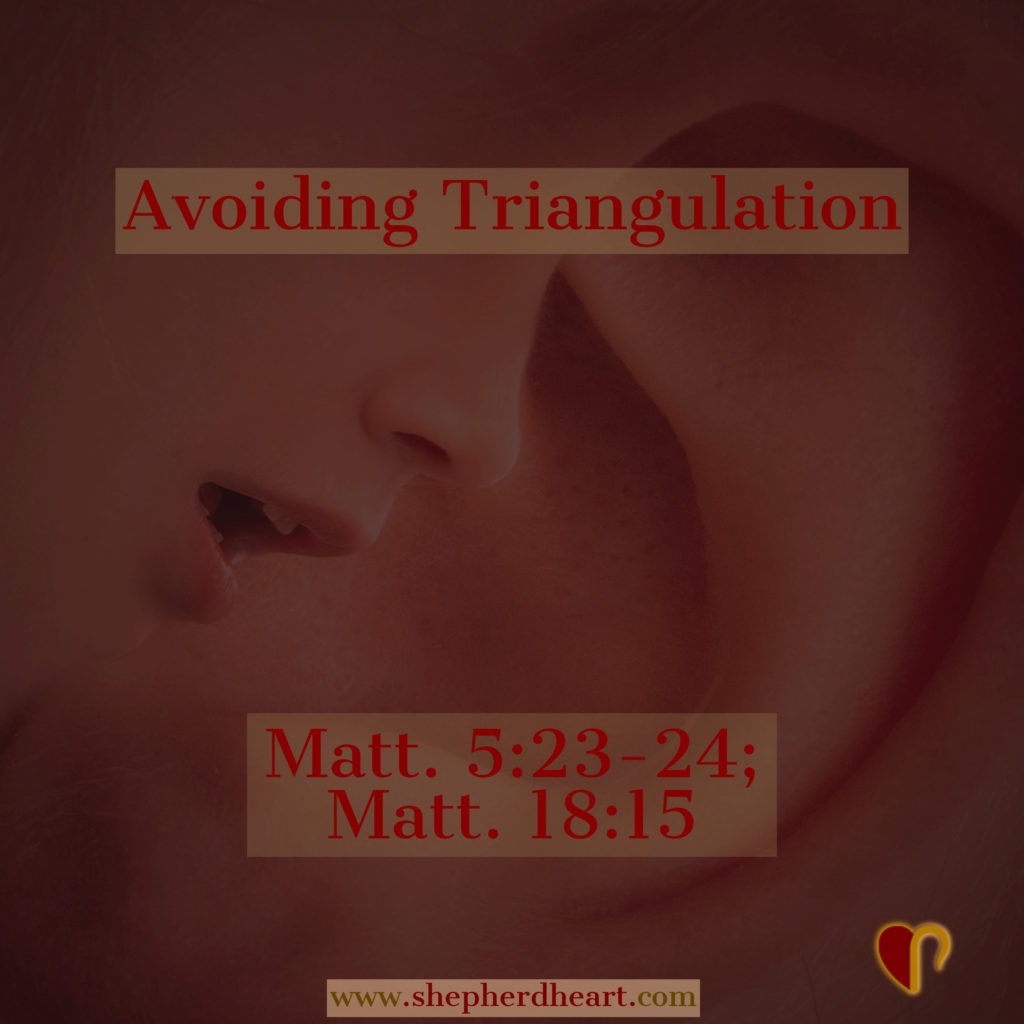
I teach a seminary course in pastoral counseling. So, naturally, we talk a great deal about human suffering. And we talk about healing, broadly defined. In the New Testament, the word to describe Jesus’ actions when he encountered those suffering is θεραπεύω/ therapeuó, which means “to care for, attend, serve, treat, especially of a physician; hence: to heal” (see Strong’s via Biblehub). We get our word “therapy” from this New Testament word for Jesus’ care. Yet, when it comes to healing, even Jesus acknowledged: Talk is cheap (cf. Mt. 9:5).
As pastors & pastoral counselors, we must approach suffering and “healing” with great humility, in the full knowledge that we are all broken to bits & pieces, in need of healing (especially if we don’t think we are), and that, at best, we are but wounded healers, ourselves. In class, personal transformation of the pastor is the prime objective. We are each tasked with getting in touch with our own personal vulnerabilities and areas of deepest brokenness, so that we might have enough self-awareness, humility, empathy, and endurance to sit with others in pain. While the level of sharing and self-disclosure is always at the discretion of each of the students, pastors-in-training are encouraged to personally reflect on their own present and past pain, while accessing sources of support as needed, while “confronting” it (literally, “facing it together”).
Over the years, many of the seminary students I have encountered in the classroom have subscribed to a prosperity gospel, which is notably different from my own background in Anabaptism. While prosperity gospel suggests that God desires to bless faithful disciples with wealth and health in the here and now (if we indeed place our faith in God), Anabaptism seems quite comfortable in identifying its discipleship with the promise of sharing together in Christ’s suffering. To an Anabaptist, it seems clear that Jesus doesn’t promise us prosperity in the near-term, but instead assures us of trouble, hardship – even persecution – on account of our faithfulness to Christ. …We have to show up for one another in the midst of the hardship.
Theological differences in the classroom make for very interesting and respectful dialogue. On this front, Dr. Kate Bowler’s work has been a great help to us. In Everything Happens for a Reason: And other lies I’ve loved, she addresses tough issues of theodicy (literally θεοῦ δίκη /theou diké, “the justice of God”), as in, “why do bad things happen to ‘good’ people, if God is all-good, all-knowing, and all-powerful?” In approaching this topic, it is worth noting that Dr. Bowler, herself, is a young mother with family connections to Anabaptism; she is also a Duke professor, an historian and scholar of prosperity gospel – and she has stage 4 cancer. Her visceral questions of theodicy and theology- her questions of “why?”- are palpable as she dances between these two beloved traditions of Anabaptism and prosperity gospel.
Over the years, some of my students have self-identified as “faith healers” – which has admittedly been a challenge to me, personally. Not because of perceived theological differences, but because I have historically been an object of focus for well-intended faith healers. I have been sought out by faith healers in public- approached by them in parking lots, grocery stores, and even nice restaurants – because I walk with a visible limp. Something God surely has the power to heal (if only I might believe). At a grocery store parking lot, a self-supposed faith healer asked if he could pray for me. I welcomed him to do so in the privacy of his own home – in the presence of God, but without me. (I had frozen goods to get home, after all.) Immediately, he began to pray loudly that I (“this sinner”) repent of my “lack of faith” that God would heal me on the spot, if only I allowed him -the faith healer- to pray for me, on display for the glory of God. Sensing a certain narcissism/woundedness (a tendency to “split”/deny one’s own weaknesses and to instead “project” or see them more easily on to others), I reminded him not to get too distracted in fixating on the broken things he can see (on others), while ignoring the more pervasive, invisible vulnerabilities and weaknesses that deserve healing (within himself)…
The faith healer failed to ask me, as Jesus often did, “Do you want to be healed?” (Jesus was never so anxiously distracted by disability that he failed to see the person before him. Indeed, Jesus seemed attracted to those who, perhaps through their unrelenting hardships, were beyond the usual defense mechanisms of polite society that so often render us impervious to the coming Kingdom.) Had the faith healer asked if I wanted healing (and had I enough graciousness to respond at my best in the moment — without frozen goods!), I might have shared with the faith healer that I had already been healed by God, thank you. …That there was a time when walking did not seem a possibility, but that God had already supplied me with gifted physical therapists who helped me walk so remarkably well that no one in my life for the past 20 years would suspect that there was ever a time when I might have needed a wheelchair for the rest of my life. My little limp (like Israel’s, Gen. 32ff ) is not what I consider a disability that needs curing; it’s a mark- like a sacrament – a visual reminder of one struggle that I have had. A struggle that God joined in with me. I don’t need physical therapists anymore – thanks be to God, and to those healers – but I still have need of healing in my life. Healing is the struggle. It is on-going. It’s painful/It’s a blessing. And it’s better than cure.
In class, I remind my students that we are all God’s works-in-progress, with visible and invisible wounds, and that our need for healing will be on-going. Our work as wounded healers- as the hands and feet of Christ – is in our loving, prayerful presence in one another’s pain – ensuring that we do not struggle alone. There’s a certain blessing in that.

Melissa is a minister, psychologist, & seminary instructor in Pastoral Counseling & Congregational Health.


SCHEDULING NOW for October & November!
Schedule a training for your ministry team or leadership team.




